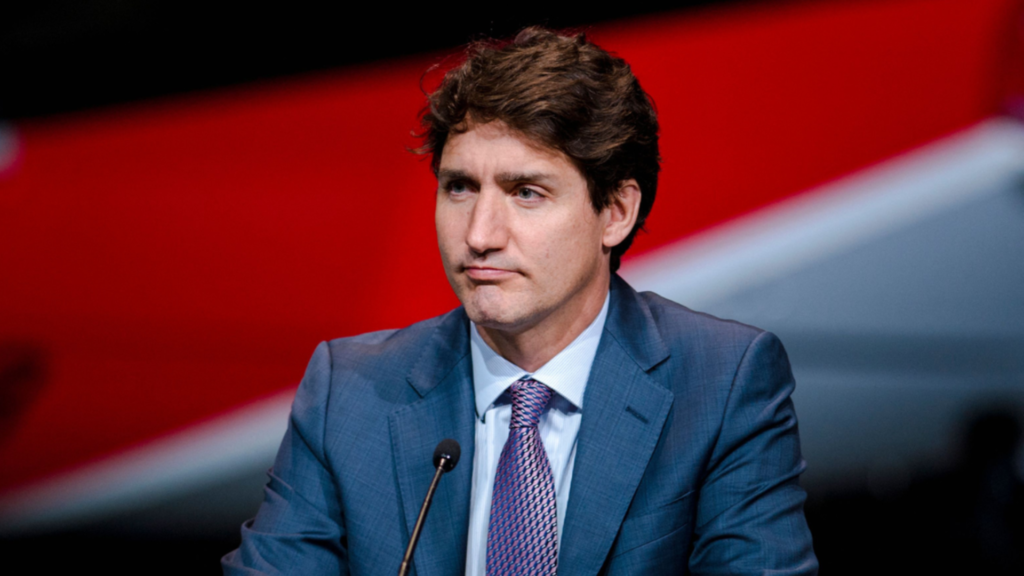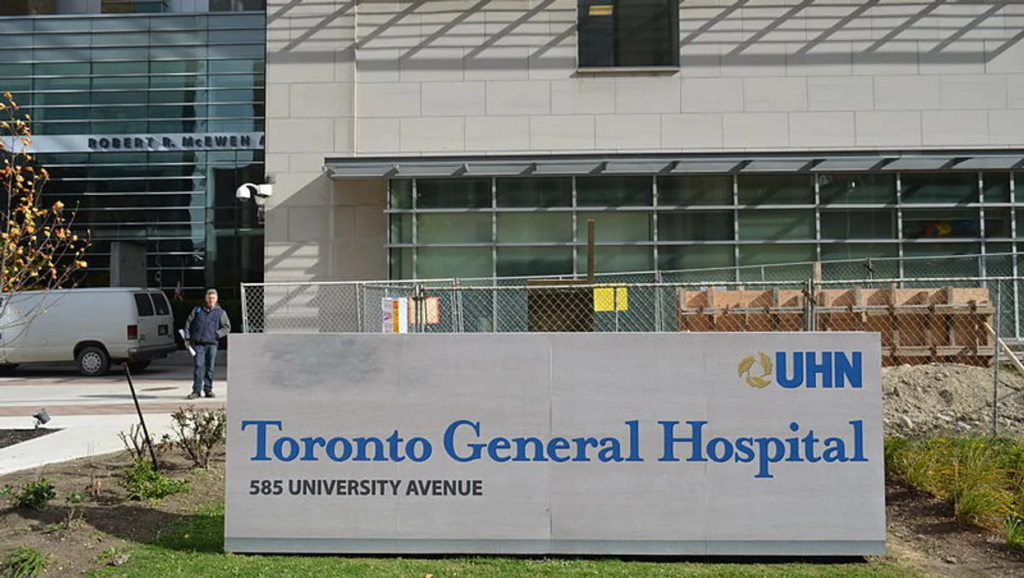
Voluntary euthanasia in Canada resulted in more than 15,000 deaths last year, representing 4.7% of all deaths nationwide, according to a recent government report.
This figure highlights the significant impact of medically assisted dying (MAiD) in the country, which has seen its use steadily increase since its legalization in 2016.
According to the the BBC report, revealed that the average age of individuals who opted for euthanasia was slightly over 77. About 96% of cases involved patients whose deaths were considered “reasonably foreseeable” due to terminal illnesses such as cancer or other severe conditions.
However, in a smaller percentage of cases, patients chose euthanasia after enduring chronic illnesses that they felt severely impacted their quality of life. This trend highlights the program’s evolution, initially designed for the terminally ill, to encompass individuals with non-terminal conditions that significantly diminish their daily functioning and well-being.
The province of Quebec, home to approximately 22% of Canada’s population, accounted for 37% of all assisted deaths in 2023. This disparity may reflect varying regional attitudes, healthcare practices, or accessibility to the program across the country.
Canada’s euthanasia program was originally created for terminally ill individuals but has since broadened to include those who feel their quality of life is severely impaired by chronic illnesses.
A further expansion to allow euthanasia for individuals with mental illness was scheduled for this year but was postponed following widespread concerns about the ethical implications of such a step.
In October, a government committee report highlighted cases where euthanasia was sought due to unmet social needs, sparking a debate about the program’s application.
Dr. Ramona Coelho, a member of the committee, emphasized the importance of recognizing these cases. “To finally have a government report that recognizes these cases of concern is extremely important,” Coelho said. “We’ve been gaslit for so many years when we raised fears about people getting MAiD because they were poor, disabled, or socially isolated.”

The report cited the case of an unemployed man in his 40s with bowel disease and a history of substance abuse and mental health issues. Despite being socially vulnerable and isolated, a psychiatrist included euthanasia as an option during a mental health assessment. This raised ethical concerns among panel members and highlighted potential gaps in oversight and safeguards.
Trudo Lemmens, a health law and policy professor at the University of Toronto, expressed concern about how the system is being managed. “Either the law is too broad, or the professional guidance not precise enough,” Lemmens said. “Or it is simply not seen as a priority to protect some of our most vulnerable citizens.”
A recent survey by the Angus Reid Institute, in partnership with the think tank Cardus, found that public opinion in Canada is divided on whether doctors should proactively offer euthanasia as an option to patients.
Cardus, which opposes voluntary euthanasia, has raised alarms about its growing prevalence, noting that it has become the fifth-leading cause of death in Canada. “Assisted dying was not meant to become a routine way of dying,” the organization wrote in its report.
Canada’s euthanasia program reflects a global trend, with countries like Australia, New Zealand, Spain, and Austria also legalizing medically assisted dying. However, the rapid expansion of Canada’s program has raised significant ethical and legal concerns.
Critics argue that while MAiD provides a compassionate option for those suffering from terminal illnesses, its application for non-terminal and socially vulnerable individuals could risk normalizing euthanasia as a response to broader societal issues, such as poverty or inadequate healthcare.
As the debate continues, the Canadian government faces the challenge of refining laws and safeguards to balance individual autonomy with the need to protect its most vulnerable citizens.

